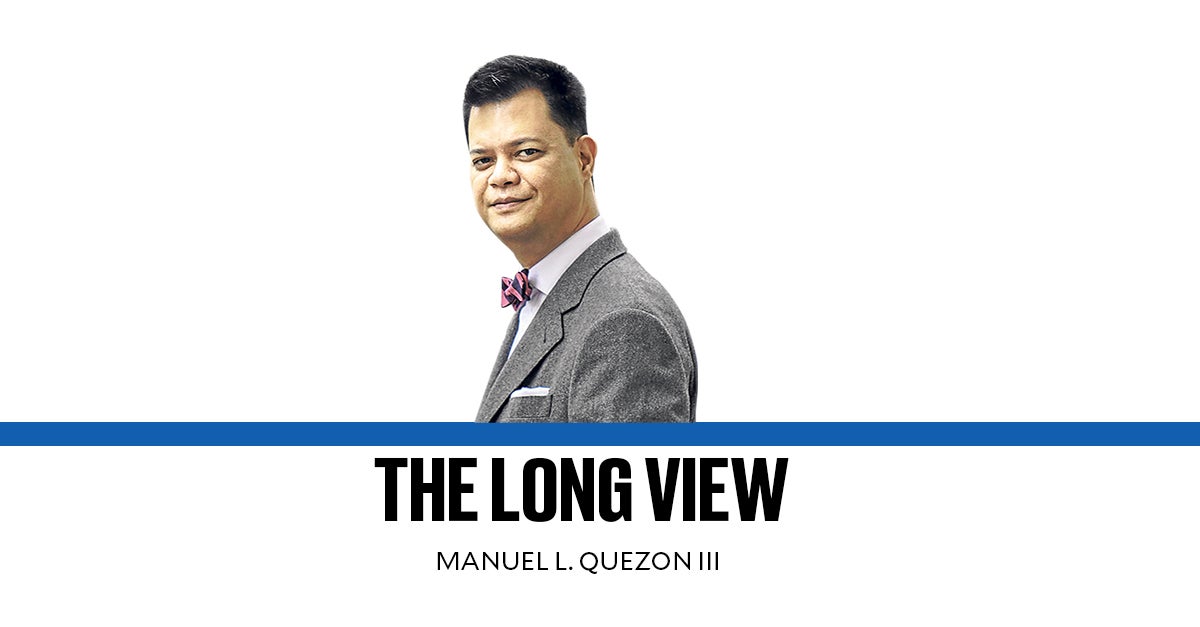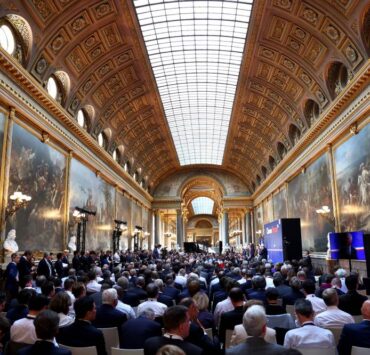Outsmarted by AI

A heated debate is taking place within writerly circles. The question is whether the essays coming from a Facebook account—including one that caught my attention on the middle class in our country—are the works of a writer or created using artificial intelligence (AI). There is a generational aspect to the debate, with some senior worthies vouching for the existence—and skill—of the publisher and others contesting the pieces. As one Facebook commenter naughtily put it (about the piece on the middle class): “It’s being shared and praised by all the people judging writing competitions.”
Whichever side you might be on, the debate itself tells us the era of AI as a novelty is passing. If many are susceptible to thinking something produced by AI isn’t an original human work, there are also enough humans able to detect the telltale signs of AI-sourced material who can mimic the prompts required to produce something similar, or know the software to use to tell the difference. But there are obviously more who have access to AI than those who have access to the software to detect its use.
If we have seen public discourse—and even social stability—crumble because of a form of AI algorithms that tailor what we see to the kinds of things we like, to the exclusion of other views and ideas, then substituting machine-made written “works” for essays and comments is leading to: on one hand, machines talking to other machines, creating ripples as a result that affect what humans decide to consume or share; on the other hand, substituting AI for the human mind, while moving humans to embrace the outcome on the assumption they’re brilliant (because likable, agreeable).
One thing is certain. AI is not about tinkering with it to boil down boring reports, draft outlines (or even, as some have claimed to be able to prove, “write” official statements on behalf of at least one highly positioned elected official in the land), or create amusing images in the style of well-known artists; it’s already disrupting lives.
Among educators, a constant topic of discussion is the impact of AI on the output of students. It has become particularly problematic in terms of students passing off AI-produced items as their own original work. Some schools invest in software to detect this kind of fraud, and teachers view this sort of misuse of AI as a serious offense. At the same time, the pressure is intense for students to use AI, and not all schools invest in creating their own AI applications to provide a more structured, “safe” space for students to learn how to use AI without misusing it.
And to think the next step in a student’s life after graduation is almost certainly going to be decided by AI: their CVs, after all, are increasingly written using AI to more effectively meet the standards of AI (consider the wide use of ATS (Applicant Tracking Systems) in the private sector to go through the tedious process of sifting through applications).
Just yesterday, Aneesh Raman, chief economic opportunity officer at LinkedIn, had an op-ed in the New York Times, warning that AI “poses a real threat to a substantial number of the jobs that normally serve as the first step for each new generation of young workers.” The first disruption is being felt in technology. What is the future of a programmer when coding can increasingly be done through AI? But Raman says it will “play out in fields like finance, travel, food, and professional service, too.” Already, I hear lawyers worrying about entry-level tasks, such as contracts or even research, that can be done with AI. Though even here, as in academic use of AI (where AI is still liable to create sources when none can be found online), the clear limits of AI eventually being overcome, is simply a matter of time.
Even before AI as we know it today came to be, the idea of attaching data to individuals, to partially (if not fully) automate what used to be strictly human-centered and thus liable to be subjective, appreciation of another human for purposes such as loans, had already been perfected. The United States pioneered it but we are all familiar with it: the formulation of your credit score, which determines so many things about you, whether you get loans, or can obtain credit, and so on. China took this to the next level in what is euphemistically called its social credit system, which evaluates individuals and businesses based on their trustworthiness and compliance with laws and regulations: vast amounts of data collection through intensive mass surveillance are only possible today with advances in AI. Eventually, we will all carry electronic dossiers with us as we go through life, with a seamless connection between the different databases of the public and private sectors.
A vision of a profane future—not Our Father, but rather, Big Brother, who is not in Heaven but who is everywhere and nowhere in the Cloud—is what inspired the new Pope Leo XIV to take on the name of his predecessor, who confronted the evils of Marxism in the 19th century and whom, in the 21st century, this new pontiff believes humanity is called to confront: artificial intelligence.





















Singapore helps conserve Asia’s biodiversity